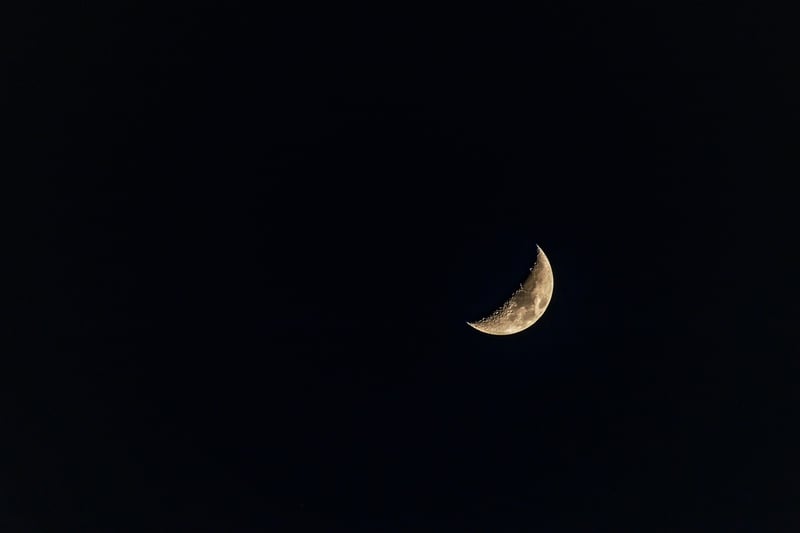Future Exploration
Exploring Different Eras and Future Exploration
Introduction
Exploration has been a fundamental part of human history, shaping our understanding of the world and pushing the boundaries of knowledge. From ancient civilizations to modern space travel, each era has brought unique challenges and discoveries. Let's delve into the exploration of different eras and look ahead to future adventures.
Ancient Exploration
Ancient civilizations like the Egyptians, Phoenicians, and Greeks were pioneers of early exploration. They navigated seas, traded with distant lands, and established trade routes that connected the world. These early explorers laid the foundation for future discoveries.
Age of Discovery
The Age of Discovery, starting in the 15th century, saw European explorers like Columbus, Magellan, and Vasco da Gama set sail to find new trade routes and lands. Their voyages led to the discovery of the Americas, new trade networks, and a global exchange of goods and ideas.
Space Exploration
In the 20th century, humanity turned its eyes to the stars with the dawn of the Space Age. Achievements like the moon landing, space stations, and Mars rovers have expanded our understanding of the universe and opened up possibilities for future space exploration.
Future Exploration
The future of exploration holds exciting prospects, from missions to Mars and beyond to the exploration of the deep sea and outer space. Advances in technology like AI, robotics, and virtual reality are reshaping how we explore and interact with new frontiers.
Image Source: Pixabay

Conclusion
Exploration has been a driving force in human history, from ancient seafarers to modern astronauts. By looking back at the achievements of different eras and forward to future exploration, we can appreciate the spirit of discovery that unites us all.
